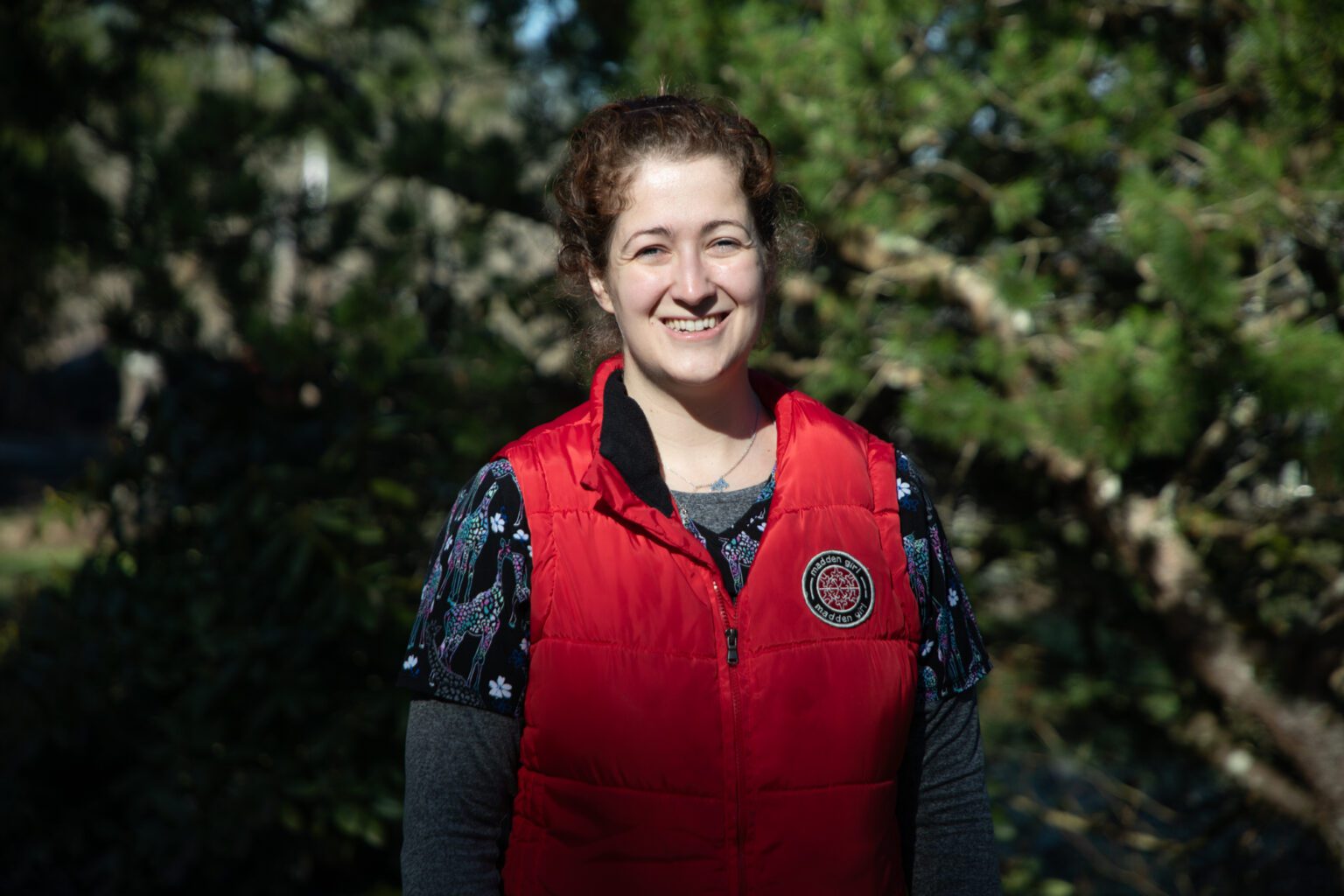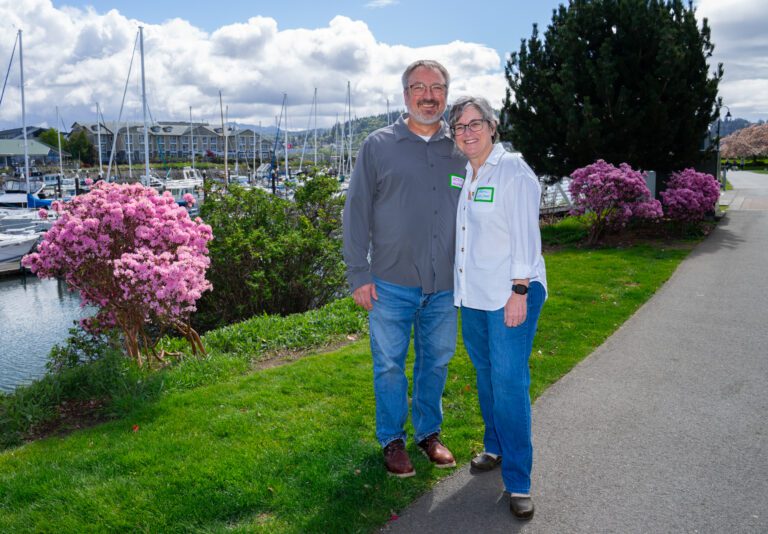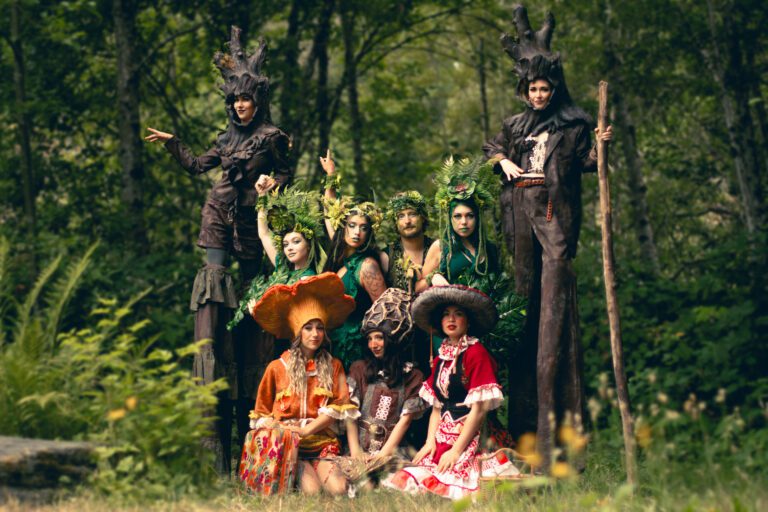Alysha Evans (she/her)
Age: 33
City: Blaine
Lived here for: 3 years
Originally from: South Surrey, British Columbia
Notable: Manager of Whatcom County Wildlife Rehabilitation Center, an avid walker, hiker and reader.
What got you into this job?
I’ve been into wildlife since I can remember. Being little, teeny tiny, I was always interested in wild animals. And it’s something that I just grew up loving and knew that’s what I wanted to do as a career. So, throughout my high school years, I would volunteer at different wildlife rehabilitation centers. Then I realized I really loved the medical aspect of it. So, then I went to school to get my degree in veterinary technology to be able to work in more of a medical setting for wildlife.
What are the rewards and challenges of your position?
The rewards are seeing these injured or orphaned wild animals coming in with no other hope and being able to release them back into the wild, that’s a huge reward. Since I am the manager, I love seeing people come together and using all our protocols and everything that we’ve done to be able to do the best care that we can for the wildlife. The fact that we’re nonprofit is challenging sometimes because funding is not endless. So, this work is truly a labor of love. And if we need to build a new enclosure, or just repair something, all of that is financial strain. So, we want to make sure that we’re being responsible and able to do the best that we can do for the wildlife, but also continue to upgrade. Then I would say the other challenge is we have a lot of very well-meaning people who find wildlife and try to help us and bring it here. But sometimes we do get those people who just think that they can do it themselves and try. Then by the time the animal ends up coming to us, if at all, it’s usually in dire straits, and there’s very little we can do.
How many patients do you care for?
About 2,500 to 3,000 patients is what we do annually. It kind of depends, there’s highs and lows in certain species.
With a staff of six, how do you manage to care for all those animals?
What we really heavily do is rely on volunteers and interns. We have an internship program. It’s a three-month program — consecutive 12 weeks, anytime between March through October. We bring these interns in, we have some live-in housing that’s available for free for some of them, other people commute. They really get an immersive look at this field and experience. The only way to move forward with the career of wildlife rehabilitation is getting an internship under your belt just because there’s so many different facets of it.
Why do you do what you do?
Honestly to give back. Animals in general are voiceless in the sense that they’re not able to communicate the same way that humans are. Wildlife truly are [voiceless]. They really have nobody; they don’t have owners looking out for them. I mean, of course, there’s big bodies, like fish and wildlife and us. But overall, if they break something, it’s just up to a member of the public to happen to stumble upon them and bring them in, or if they collide with a window, whatever it may be.
“Faces in the Crowd” is published online and in print Fridays. Have a suggestion for a “Faces in the Crowd” subject? Email us at newstips@cascadiadaily.com.




